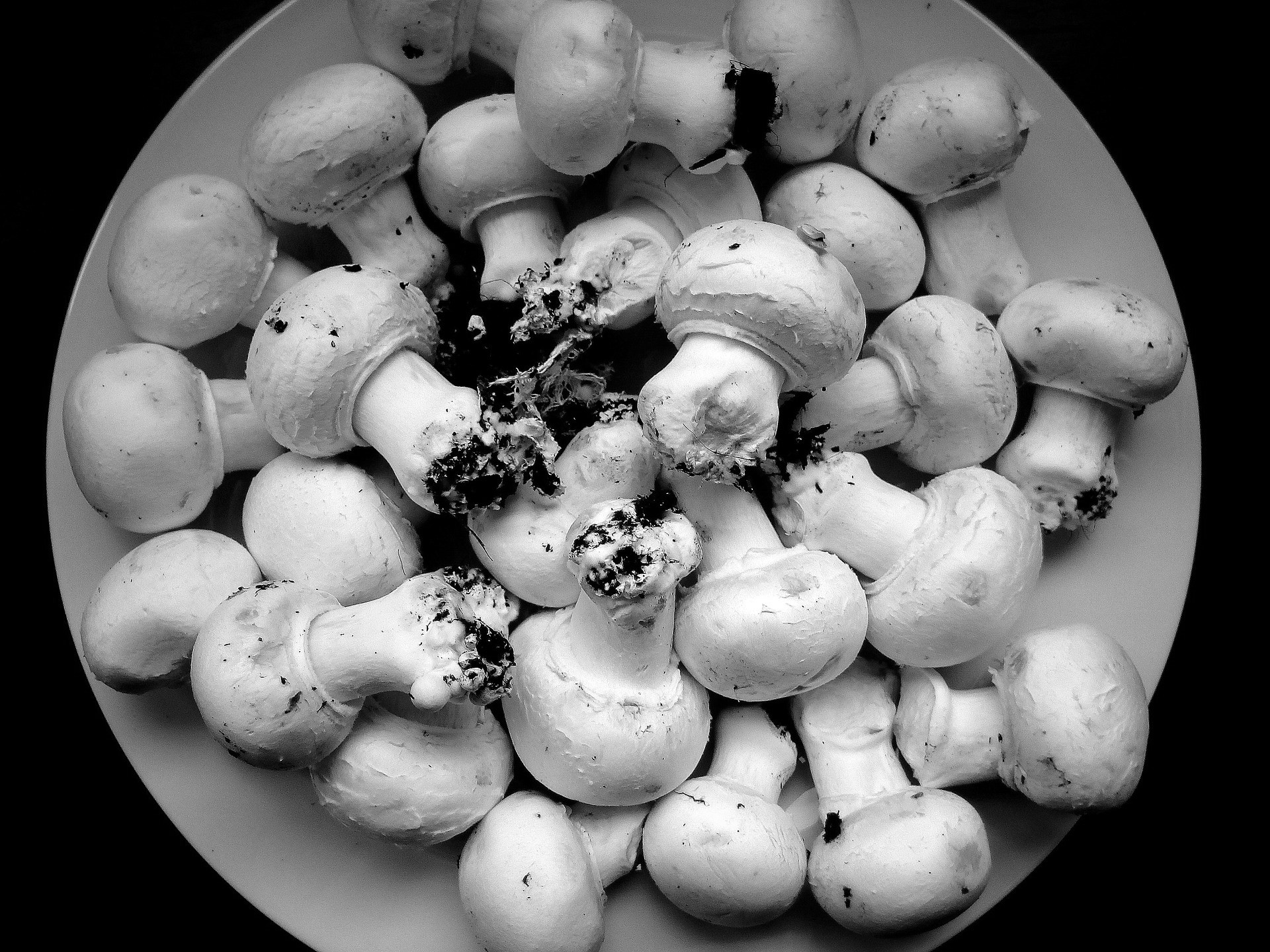BIOSCHAMP Work Plan
The implementation of the BIOSCHAMP project was based on a 48-month Work Plan involving technical and commercial activities, divided into 9 Work Packages (WPs).
Work Packages in detail
WP1 - Developing alternatives to peat-based casing material
Coordinated by Stichting Wageningen Research (The Netherlands), the focus of this work package is the evaluation of alternative casing materials to peat-based casing, involving laboratory assays and small-scale trials.
WP2- Advanced Microbiota Optimisation
WP3- Design of a biostimulant casing
WP4 - Validation
CTICH (Spain, project coordinator) coordinates this work package, focused on the conduction of commercial-scale trials in three button mushroom cultivation systems in Spain, Poland, the Netherlands and Serbia.
WP5 - Steps for industrialisation
Fertinagro (Spain) coordinates WP5, working on the industrialisation of the BIOSCHAMP solution, concerning establishing production at an industrial scale and obtainment of a stable commercial product complying with industrial needs.
WP6 - Security and sustainability
Stichting Wageningen Research (The Netherlands) coordinates the assessment of the developed solution´s sustainability (LCA+S-LCA) and security, ensuring compliance with regulatory requirements. In addition, it includes a series of impact assessments on the presence of pesticides and its impact on the sector, population and general public.
WP7 - Communication, Dissemination and Exploitation
INNOVARUM (Spain) leads the work on the exploitation and dissemination of project results as well as communication activities.
WP8 - Project management
WP9 - Ethics requirements
CTICH (Spain, project coordinator) coordinates the compliance of the project with the ‘ethics requirements’. The project is well structured in 9 Work Packages that are clearly identified for the technical and commercial nature of the work to be implemented.
BIOSCHAMP, making it happen
An international and muti-actor team has come together to work towards setting the grounds for a pesticide-free mushroom sector, safer for the environment, for the operators and for consumers.




